Boxing Day: What it is, why we celebrate it, and how 'Good King Wenceslas' earned his name on the Feast of Stephen
Better known as Boxing Day, the origins of St Stephen’s Day are sinister and macabre, especially for poor wrens, as Aeneas Dennison discovers.
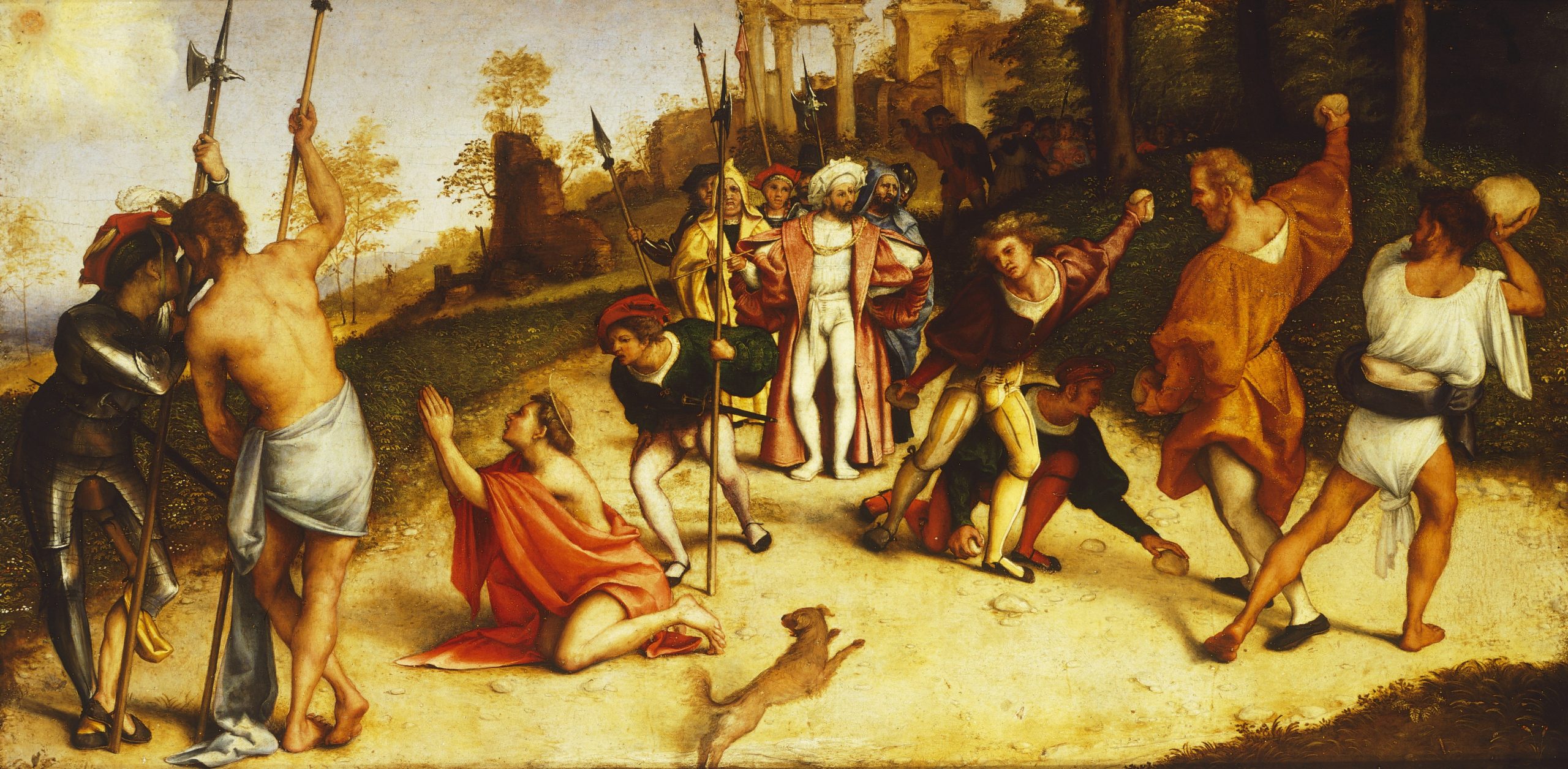

Cheerfully, British households celebrate the feast day of the first Christian martyr with a notable lack of religious observance. Better known as Boxing Day, St Stephen’s Day sees meets and family shoots across the country, eager sales shopping in town centres and, in many cases, quantities of cold turkey.
Historically, the day was marked dramatically: wren hunts avenged the saint, boys dressed as girls, unmarried men wore costumes made of straw and some — such as the Bohemian King Wenceslas in the popular carol — braved winter weather to give alms to the poor. This is the likeliest explanation for the name ‘Boxing Day’: the boxes in question were the alms boxes that carried the donations.
Who knows what St Stephen would make of it all? One of the first deacons of the Catholic Church, he was sentenced to execution after speaking out against the Jewish authorities in Jerusalem. According to legend, he fled the city and hid among bushes. With Jewish soldiers nearby, a chattering wren gave away his hiding place and Stephen was stoned to death.
For some, this provided a call to arms. The Irish decided to kill the wren in a battle of epic scale against ‘the king of birds’, now dubbed ‘the traitor of saints’. Indeed, across Ireland and the Isle of Man, a variation of the ‘hunting of the wren’ still takes place on St Stephen’s Day — or Wren Day. Traditionally, it involved killing one: catching and killing a wren was believed to usher in a year of prosperity. The bird was associated with the old year (unlike the robin, which symbolised the new year): its death made way for new beginnings.
This is a Boxing Day hunt of a different kind. In Ireland, a group of young boys went from door to door carrying the body of the dead wren in a basket or cage and selling its feathers, thought to bring good luck and prosperity to the household. Wives and mothers turned the boys away at their peril: beneath the doorstep of the least generous household, the featherless corpse was buried, guaranteeing a gruelling 12 months of bad luck.
"Wenceslas’s reputation for piety was so great that, when he challenged a rebel nobleman to single combat, two angels appeared, commanding the nobleman to repent and surrender"
Thankfully, there are no burials of this sort today. Instead, groups, usually of bachelors, become ‘wrenboys’, dressed in garish attire, often made of straw. They march through villages, singing, playing instruments and carrying a pole, on top of which is a wren (a model or a stuffed one), seeking donations of money, food and drink along the route. In some areas, Wren Day was marked by boys dressing as girls, echoing Boxing Day pantomimes.
However, it is Good King Wenceslas from which most of us learn about St Stephen’s Day. On the feast of St Stephen, according to the Victorian hymn-writer John Mason Neale, Wenceslas set out to take food and wine to a ‘poor man’ seen ‘gath’ring winter fuel’.
Sign up for the Country Life Newsletter
Exquisite houses, the beauty of Nature, and how to get the most from your life, straight to your inbox.
Wenceslas was, in fact, not a king, but the reigning Duke of Bohemia in the 10th century. Little is known about him beyond his piety and his grisly death — his brother, Boleslav, reportedly ran him through with a lance after fellow conspirators had stabbed him many times. This act of fratricide ensured the martyrdom of Wenceslas, with a cult arising in Bohemia and England soon after his death.
There are no historical grounds for Mason Neale’s story, but Wenceslas’s reputation for piety was so great that, when he challenged a rebel nobleman to single combat, two angels appeared, commanding the nobleman to repent and surrender, which he promptly did.
Across the world, Christians celebrate the Feast of St Stephen. In Finland, families ride in horse-drawn sleighs and in Serbia, where he is the patron saint, fireworks, parades and drinking games for men mark the holiday.
We might take a leaf out of Wenceslas’s book in an act of kindness — or perhaps risk a dead wren buried by the door.
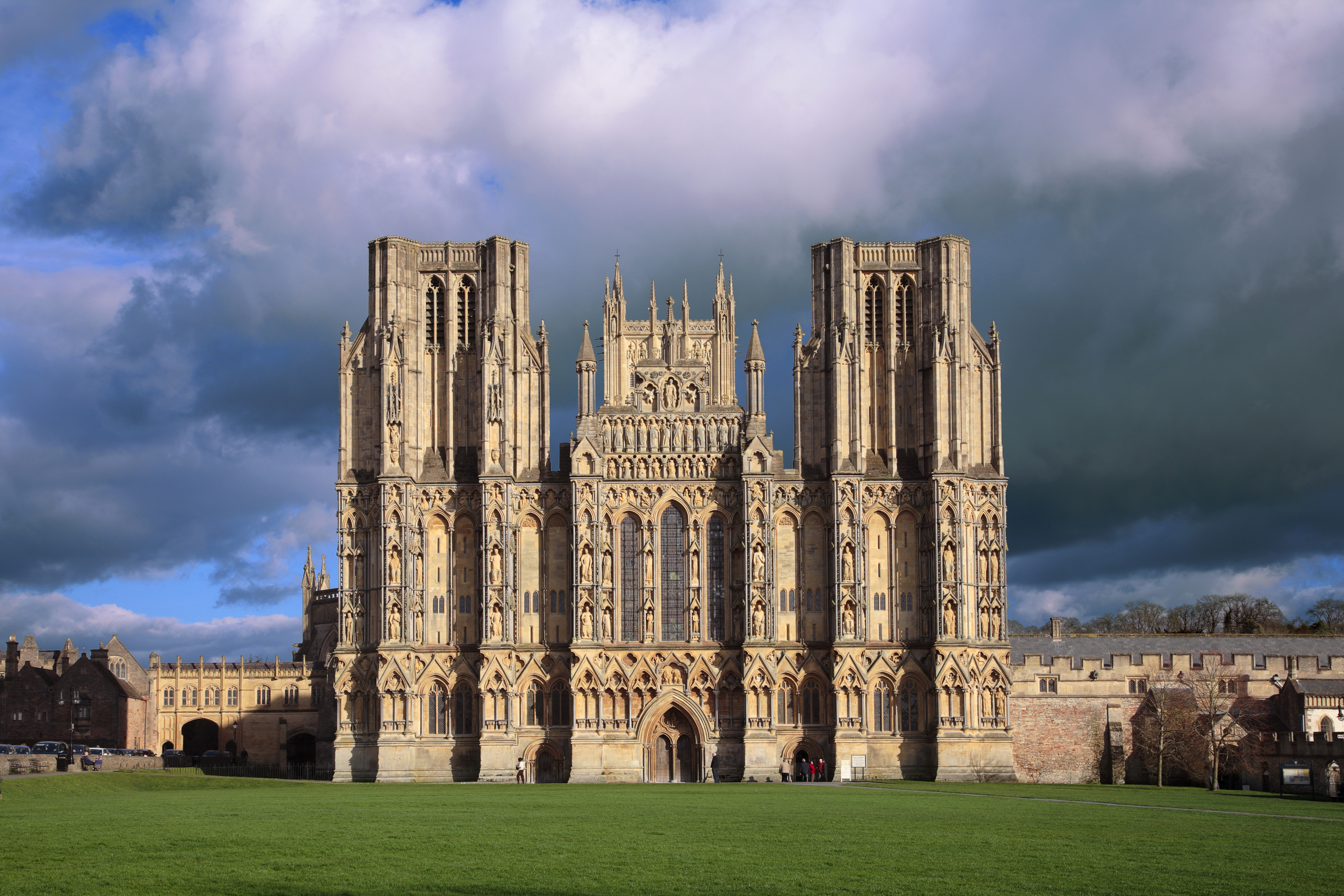
The 100 greatest cathedrals in Europe, as picked by Simon Jenkins
Simon Jenkins gives himself a daunting task with his latest book, Europe's 100 Best Cathedrals (Viking, £30), which does no
Country Life is unlike any other magazine: the only glossy weekly on the newsstand and the only magazine that has been guest-edited by HRH The King not once, but twice. It is a celebration of modern rural life and all its diverse joys and pleasures — that was first published in Queen Victoria's Diamond Jubilee year. Our eclectic mixture of witty and informative content — from the most up-to-date property news and commentary and a coveted glimpse inside some of the UK's best houses and gardens, to gardening, the arts and interior design, written by experts in their field — still cannot be found in print or online, anywhere else.
-
 'Monolithic, multi-layered and quite, quite magnificent. This was love at first bite': Tom Parker Bowles on his lifelong love affair with lasagne
'Monolithic, multi-layered and quite, quite magnificent. This was love at first bite': Tom Parker Bowles on his lifelong love affair with lasagneAn upwardly mobile spaghetti Bolognese, lasagne al forno, with oozing béchamel and layered meaty magnificence, is a bona fide comfort classic, declares Tom Parker Bowles.
By Tom Parker Bowles
-
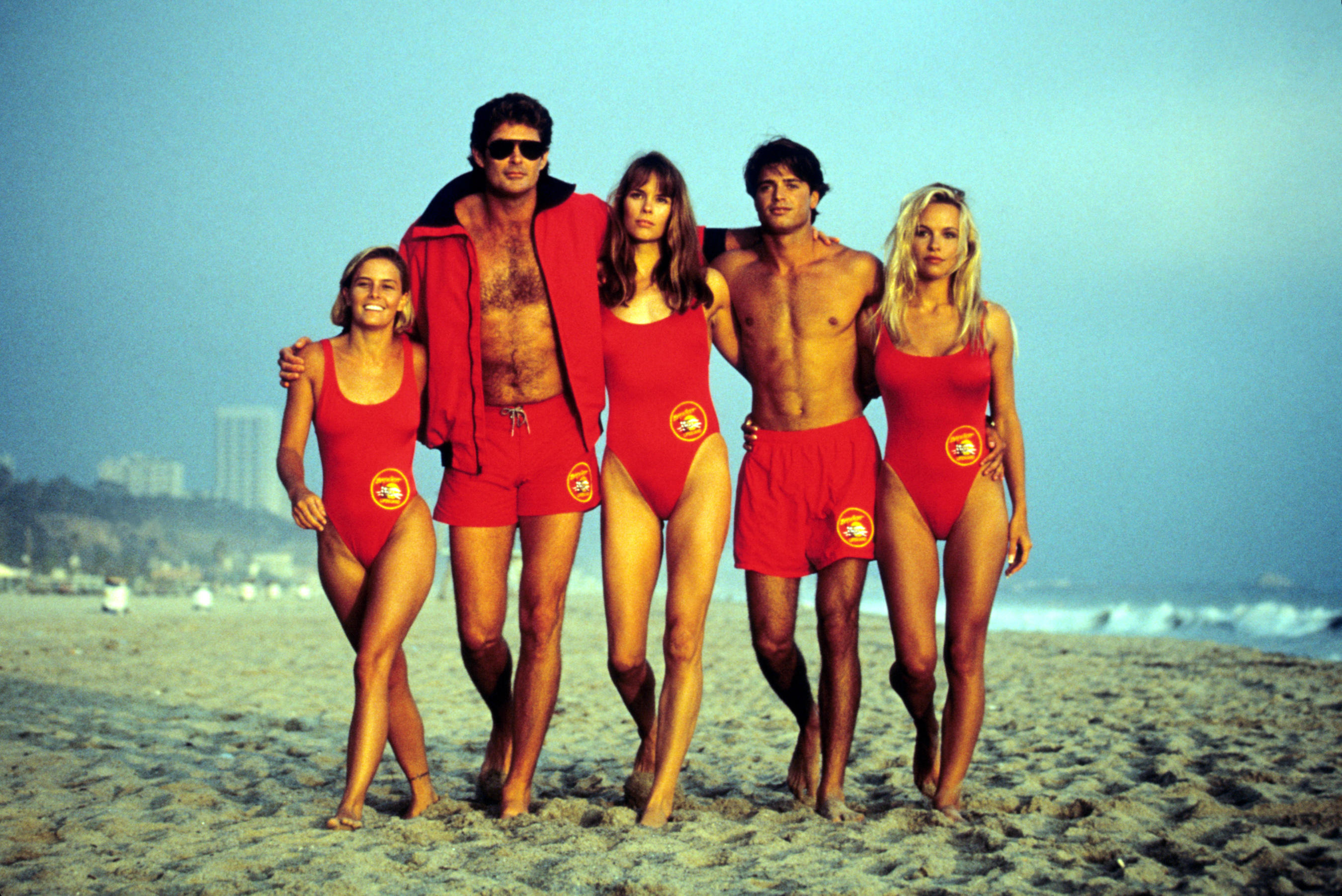 Country houses, cream teas and Baywatch: Country Life Quiz of the Day, April 24, 2025
Country houses, cream teas and Baywatch: Country Life Quiz of the Day, April 24, 2025Thursday's Quiz of the Day asks exactly how popular Baywatch became.
By Toby Keel
-
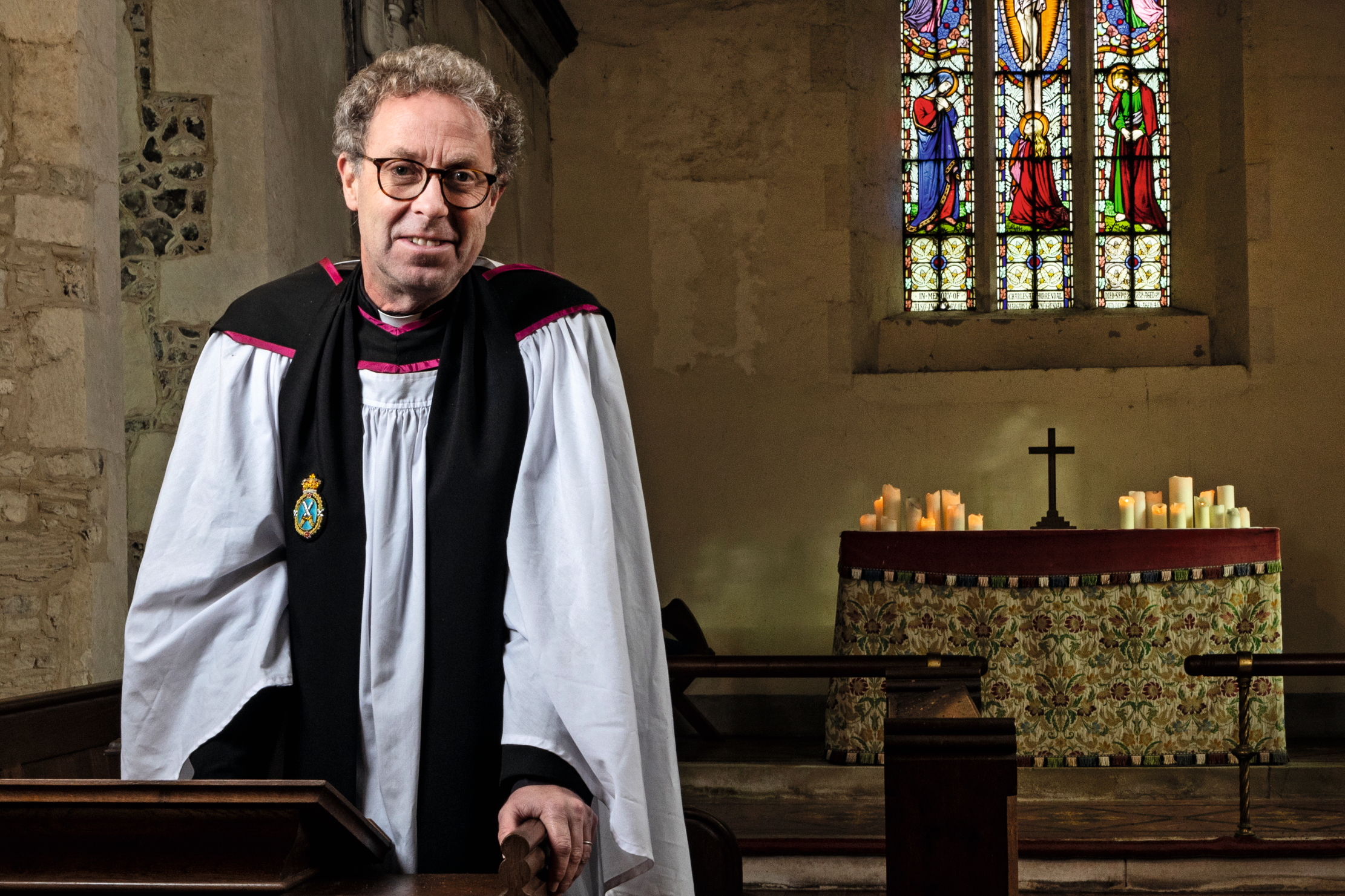 The Country Life Christmas message by Revd Dr Colin Heber-Percy: ‘The most powerful person in the world’ is not an emperor, high priest or CEO, but a helpless baby in the arms of a loving mother
The Country Life Christmas message by Revd Dr Colin Heber-Percy: ‘The most powerful person in the world’ is not an emperor, high priest or CEO, but a helpless baby in the arms of a loving motherRevd Dr Colin Heber-Percy on how Christmas shows us that ‘the most powerful person in the world’ is not an emperor, or a high priest or the CEO of a tech company, but a helpless baby in the arms of a loving mother.
By Rev Dr Colin Heber-Percy
-
 Curious Questions: Did the Victorians pave the way for the first ULEZ cameras in the world?
Curious Questions: Did the Victorians pave the way for the first ULEZ cameras in the world?Martin Fone takes a look at the history of London's coalgates, and finds that the idea of taxing things as they enter the City of London is centuries old.
By Martin Fone
-
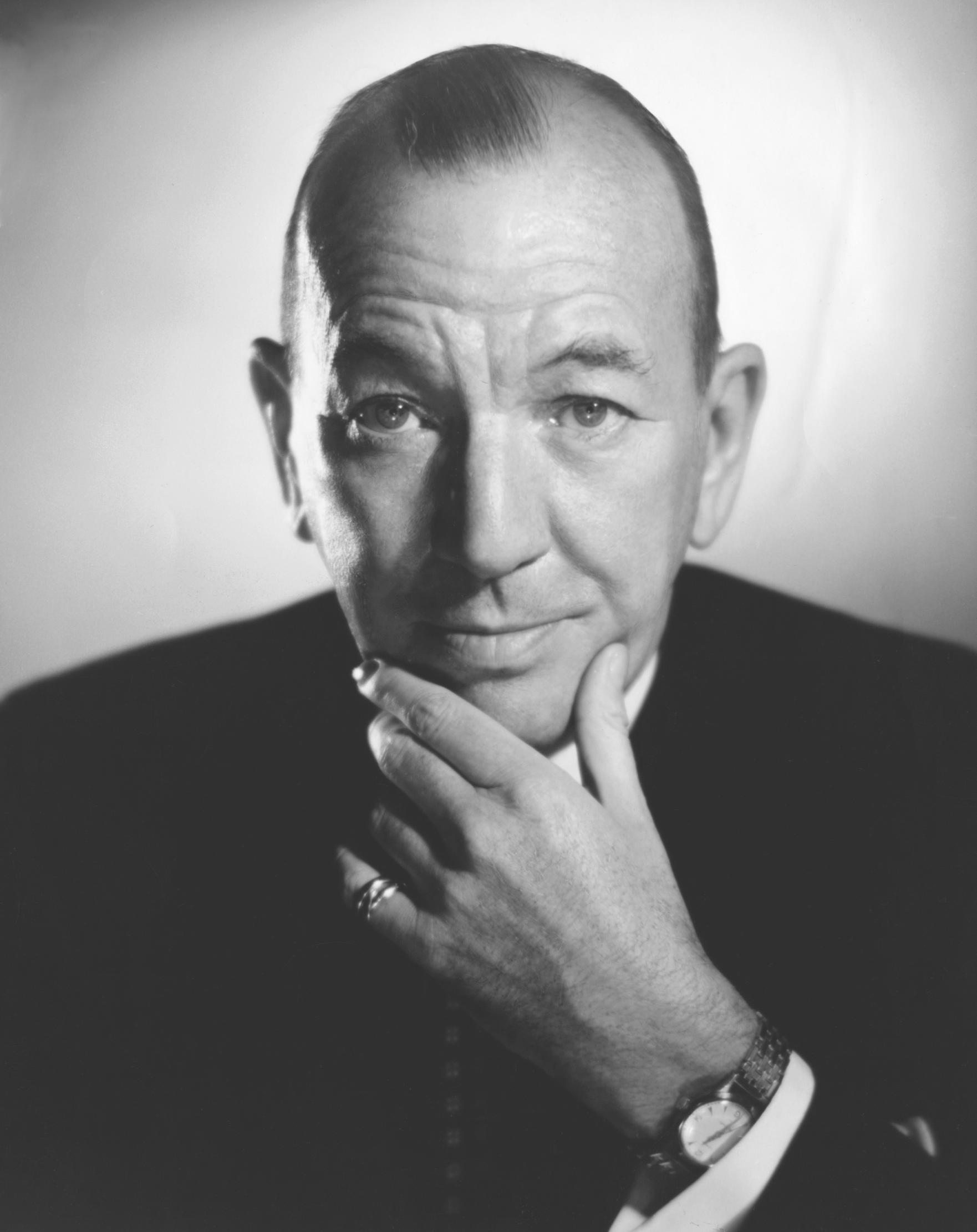 Curious Questions: What are the finest last words ever uttered?
Curious Questions: What are the finest last words ever uttered?Final words can be poignant, tragic, ironic, loving and, sometimes, hilarious. Annunciata Elwes examines this most bizarre form of public speaking.
By Annunciata Elwes
-
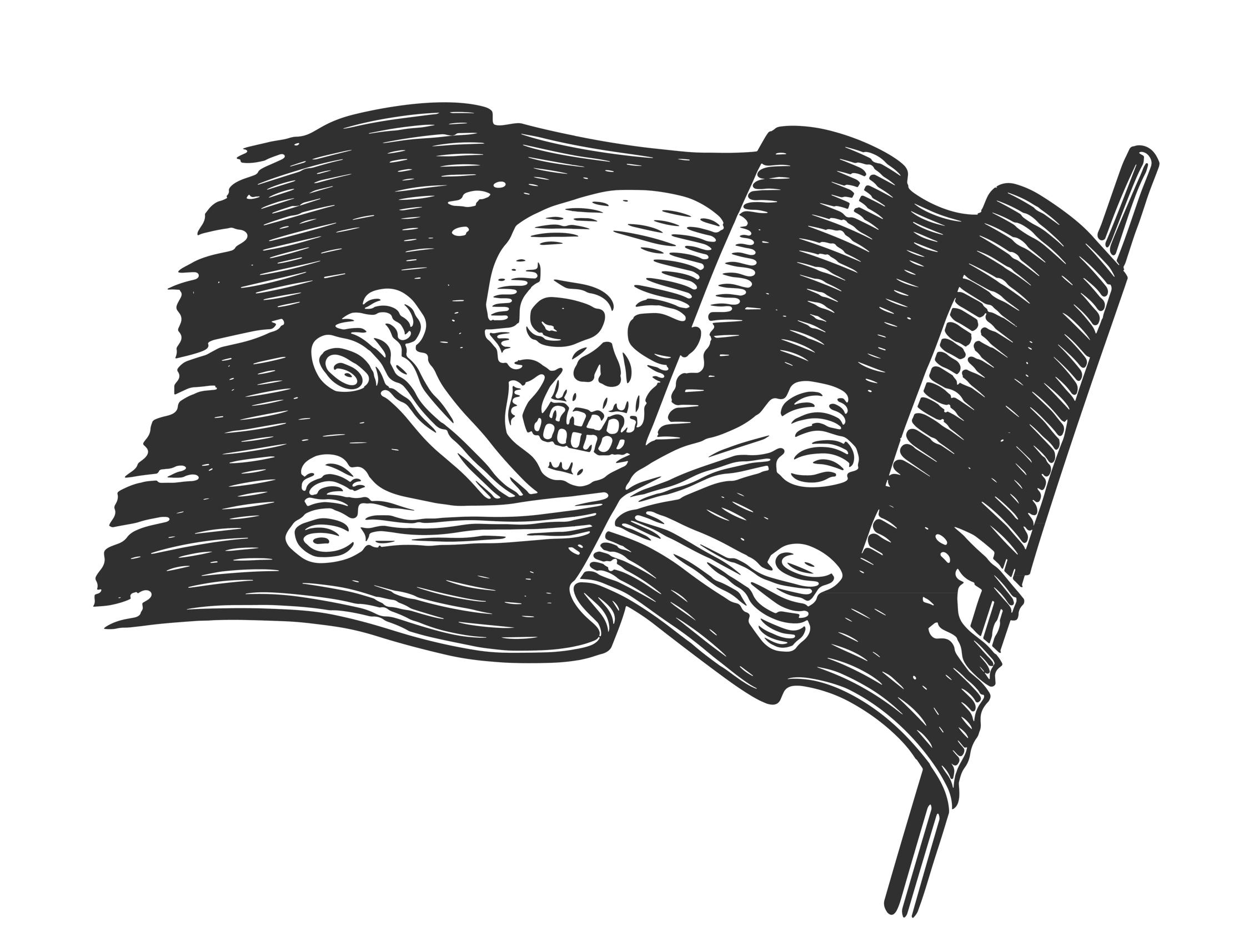 Curious Questions: Why do we still love pirate stories, 300 years on from Blackbeard?
Curious Questions: Why do we still love pirate stories, 300 years on from Blackbeard?Tales of swashbuckling pirates have entertained audiences for years, inspired by real-life British men and women, says Jack Watkins.
By Jack Watkins
-
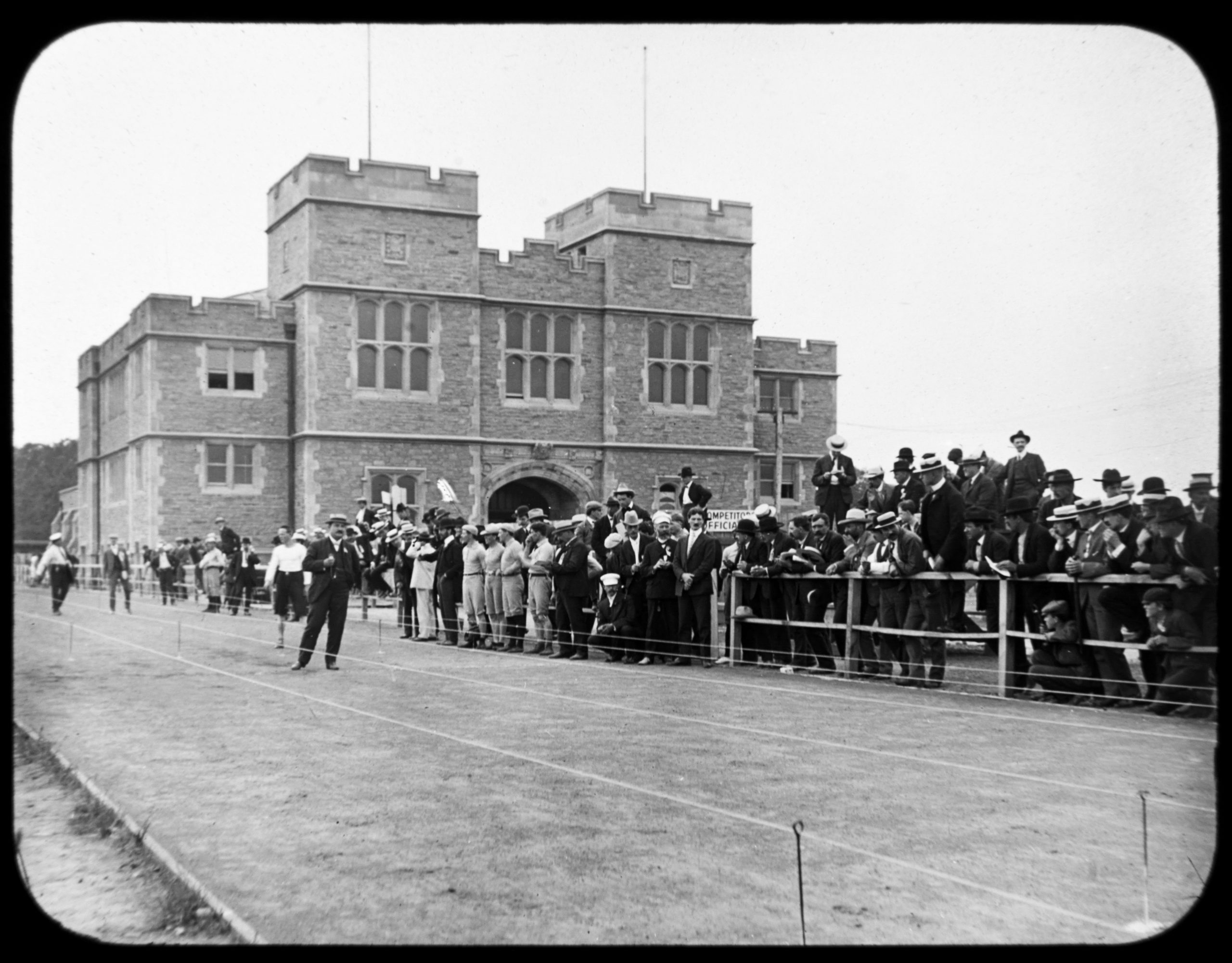 Curious Questions: Why is race walking an Olympic sport?
Curious Questions: Why is race walking an Olympic sport?The history of the Olympics is full of curious events which only come to prominence once every four years. Martin Fone takes a look at one of the oddest: race walking, or pedestrianism.
By Martin Fone
-
 Curious Questions: Where does the phrase 'daylight robbery' come from? It's literally about the theft of daylight
Curious Questions: Where does the phrase 'daylight robbery' come from? It's literally about the theft of daylightMartin Fone tells a tale of sunshine and tax — and where there is tax, there is tax avoidance... which in this case changed the face of Britain's growing cities.
By Martin Fone
-
 Curious Questions: Is there a way to win at rock, paper, scissors?
Curious Questions: Is there a way to win at rock, paper, scissors?A completely fair game of chance, or an opportunity for those with an edge in human psychology to gain an advantage? Martin Fone looks at the enduringly simple game of rock, paper, scissors.
By Martin Fone
-
 Curious Questions: Is being left-handed an advantage?
Curious Questions: Is being left-handed an advantage?In days gone by, left-handed children were made to write with the ‘correct’ hand — but these days we understand that being left-handed is no barrier to greatness. In fact, there are endless examples of history's greatest musicians, artists and statesmen being left-handed. So much so that you'll start to wonder if it's actually an advantage.
By Toby Keel